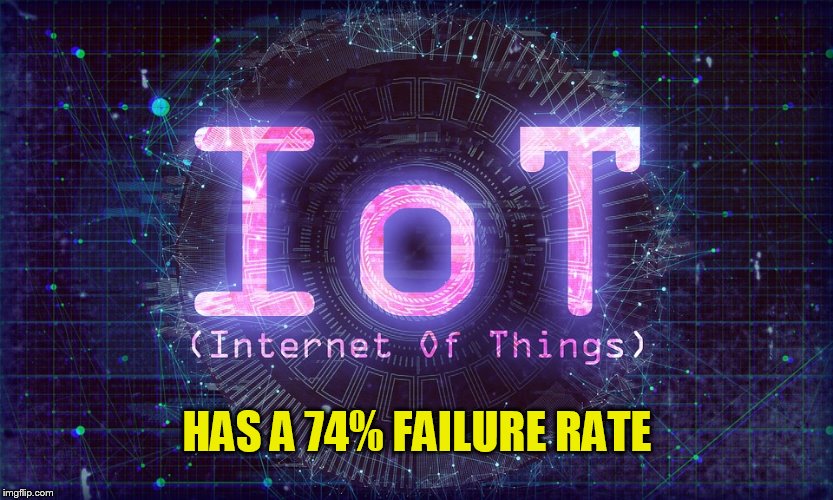 By B.N. Frank
By B.N. Frank
Cybersecurity and privacy experts have been warning for many years about risks associated with all Internet of Things (IoT), “Smart”, and wireless “Wi-Fi” technology (see 1, 2, 3, 4, 5).
Additional experts have been warning against launching more telecommunication satellites for other significant reasons (see 1, 2, 3, 4, 5, 6, 7, 8, 9). Nevertheless, companies are still getting approval to launch more telecom satellites in the U.S. and worldwide (see 1, 2, 3, 4, 5, 6) except for in South Africa where they discovered 5G satellites were causing dangerous interference issues.
From Fierce Wireless:
OQ Technology could augment private cellular networks with satellite NB-IoT
Luxemburg-based OQ Technology had a successful launch of its first low earth orbit (LEO) satellite Wednesday, as the company targets narrow band IoT connectivity for verticals, and could potentially augment private cellular networks.
OQ is one of several LEO satellite ventures, but unlike Elon Musk’s Starlink or Telesat’s Lightspeed, to name a couple, it isn’t looking to deliver consumer broadband in rural areas. Instead the company, formed at the end of 2016, has its sights set on vertical industries like oil and gas, maritime, logistics, transport and drones, to support IoT – eventually for Machine-to-Machine communication (M2M) and Ultra Reliable Low Latency Communications (URLLC).
RELATED: Musk says Starlink ‘nice complement’ to fiber, 5G
It’s targeting regions such as Africa, Asia, the Middle East and the Americas, in areas where infrastructure is lacking.
Omar Qaise, founder and CEO of OQ, told Fierce that it wants to launch up to 70 satellites for service over the next two years to address real-time global connectivity with URLLC and M2M, but initial commercial service for “latency-tolerant” low-power devices can start as early as the fourth quarter.
With previous roles at satellite company SES and the European Space Agency (ESA), Qaise had noticed there were market gaps not currently filled by satellite communication, particularly for low-power, low-cost, small messaging IoT devices. OQ recently won its fourth contract with ESA, following a contract worth EUR 2 million in March. Another nanosatellite launch, dubbed MACSAT, is planned with funding from the Luxembourg Government through an ESA contract in the Luxembourg National Space program.
RELATED: Lockheed Martin teams up with Omnispace on hybrid 5G space network
Of satellite broadband ventures, many have run into funding issues and Qaise acknowledged that in this type of business it’s important to keep costs low and start service as early as possible to expand the network.
The company has been awarded around $7 million in funding from government and institutional contracts to get to this point. In addition to government contracts, OQ co-founder, Mohammed Al Muhairi, comes from the oil and gas industry in the United Arab Emirates and self-invested in the company. With the first satellite launch, OQ is starting its fundraising campaign and aims to soon start generating some level of revenue to continue going forward.
RELATED: NB-IoT, LTE-M stay hitched to LTE waveform
The initial contract from ESA was to design a satellite constellation that could support NB-IoT, to address challenges with terrestrial networks. Typically, connecting to a cell on the ground, it’s around 20-30 kilometers away, according to Qaise. Satellites are about 500 kilometers away, traveling fast, at about 7 kilometers per second, “which really destroys the waveform of NB-IoT.”
“We had to work with these challenges in order to make sure the user can seamlessly switch between terrestrial and satellite connectivity,” Qaise said. OQ figured out a solution and patented its technology. In 2019 it successfully tested a prototype supporting NB-IoT waveforms in low earth orbit with uplink and downlink, showing success for NB-IoT via satellite even in harsh conditions.
Connecting directly to IoT devices via cellular standards…
If you are opposed to 5G being deployed on Earth and in space, click here to sign the International Appeal to Stop 5G on Earth and In Space. This Appeal is addressed to the United Nations, World Health Organization (WHO), the European Union (EU), Council of Europe and governments of all nations.
Activist Post reports regularly about 5G, IoT, Wi-Fi, and other unsafe technology. For more information visit our archives and the following websites.
- 5G Space Appeal
- Stop 5G International
- WhatIs5G.info
- Wireless Information Network
- Americans for Responsible Technology
- Environmental Health Trust
- Physicians for Safe Technology
Become a Patron!
Or support us at SubscribeStar
Donate cryptocurrency HERE
Subscribe to Activist Post for truth, peace, and freedom news. Follow us on Telegram, SoMee, HIVE, Flote, Minds, MeWe, Twitter, Gab, Ruqqus and What Really Happened.
Provide, Protect and Profit from what’s coming! Get a free issue of Counter Markets today.

Be the first to comment on "More Satellites Launched for Low Earth Orbit for 5G/Internet of Things, Drones, Smart Cars, Agriculture, Asset Tracking, etc."